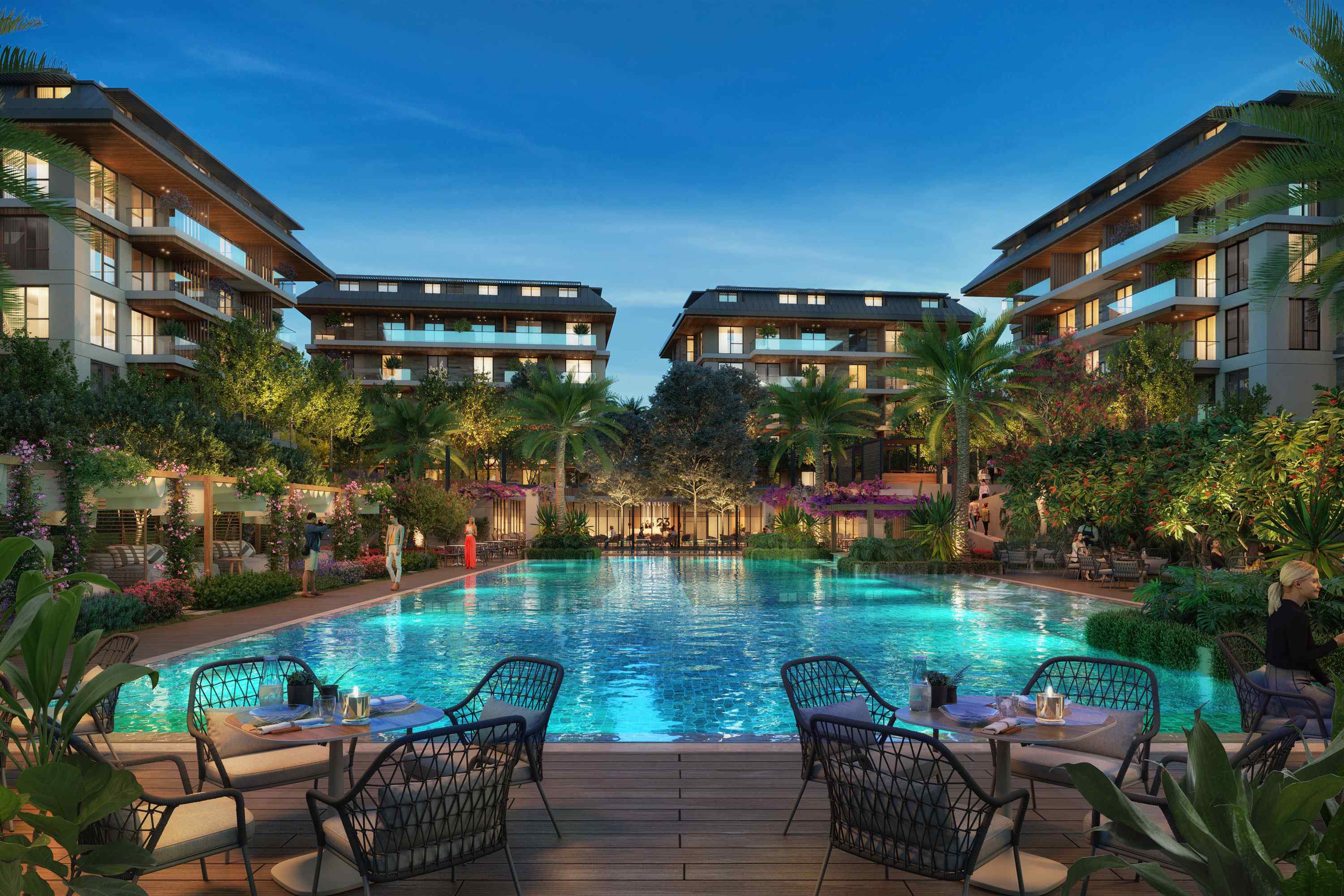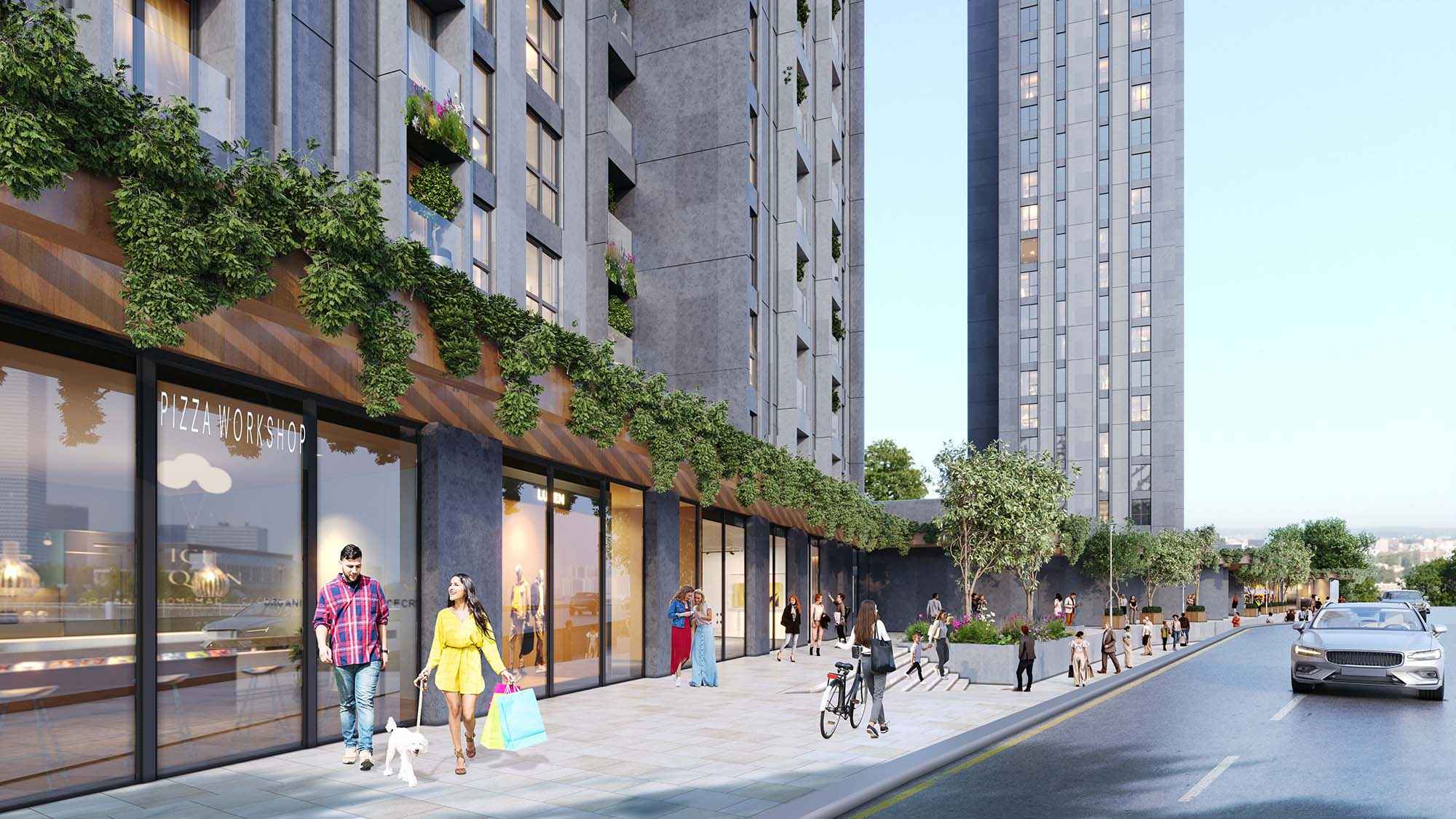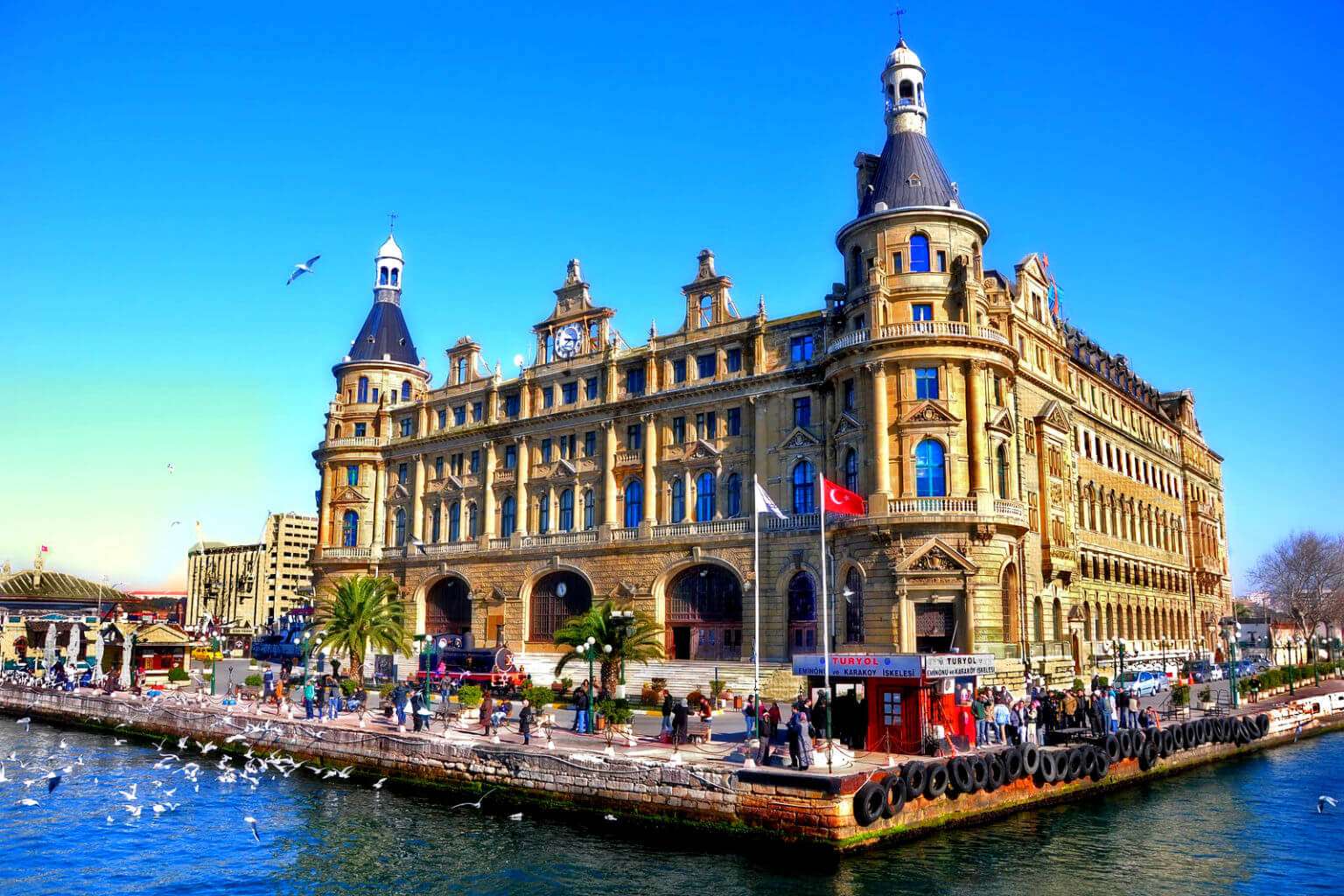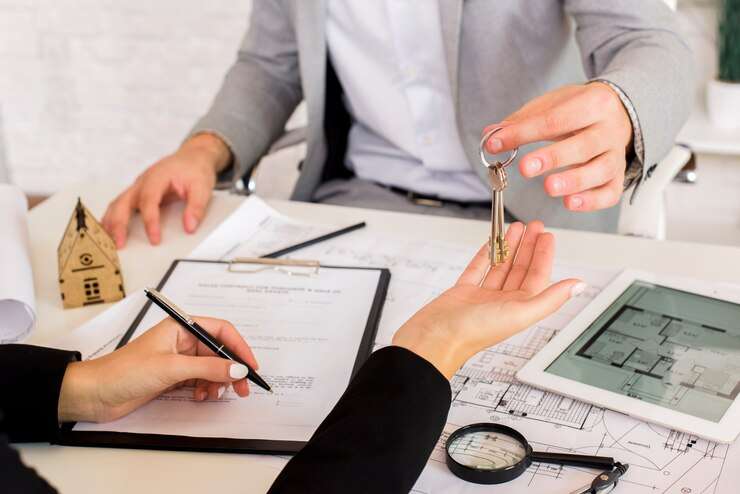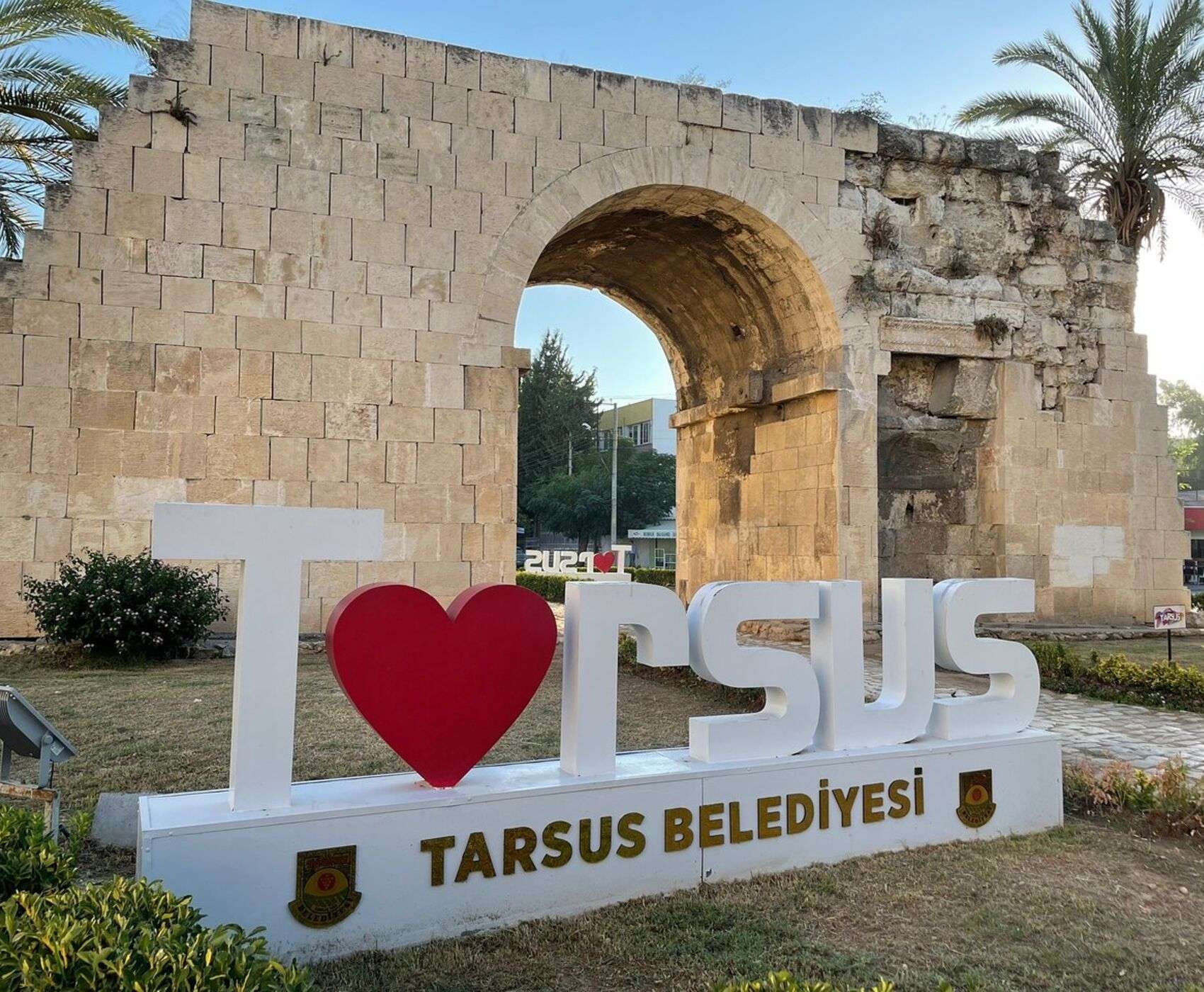No offers with rough finishing.
In Turkey, all apartments without exception are offered with a fine finish, which includes tiles or laminate flooring, leveled and painted walls and ceilings, interior doors, fully equipped plumbing, a kitchen set without appliances or with a stove+oven+hood set. So you won’t need any additional investment of time, effort or finances, just move in and live.
Unusual area calculation for us.
There is no residential or non-residential area; the area of the apartment is calculated along its perimeter, i.e. The area of the apartment includes balconies, of which there may even be two in a small apartment, and terraces. And this total area is called Net. However, when selling many Turkish houses, the gross area is very often reported, which also includes meters of staircases, elevators - that is, the entire floor, in proportion to the number of apartments available.
Unusual count of floors and rooms
In Turkey, it is customary to count floors not from one, but at least from zero. The first floor in a house we are used to is called the entrance floor (giriş kat) and in the elevator it is designated by the number 0, and if the first apartment is low, the floor is called the ground floor (zemin kat). The first floor is called the second floor. And that is not all. In houses located on hilly areas, there are also several floors below zero, they are designated by the word kot with the corresponding number or simply a number with a minus sign. And the top floor is often called the roof (çatı kat).
The number of rooms in apartments is also estimated differently. Due to the mandatory presence of a hall in the hospitable houses of the Turks, the count is kept with the designation “number of bedrooms + living room.” That is, “1+1” would be considered a two-room apartment, and “3+1” would be a four-room apartment. In new buildings over the last 20 years, the living room is increasingly combined with a kitchen area, calling it an American kitchen (amerikan mutfak).
Also popular here are two-level apartments, which are called “duplexes.” They are almost always located on the last two floors and the entrance to them can be on both the lower and upper levels.
The culture of spacious balconies
If you don’t appreciate sitting on the balcony with a glass of tea, looking at the surroundings and passers-by, you are not a Turk. That is why residents of Turkey consider the balcony an important part of the apartment; on the balconies they often organize a relaxation area with a table, chairs, even a swing, arrange a feast with family, friends and neighbors, or even work with a laptop “in the fresh air”. Fortunately, the weather conditions allow this. That’s why so often in Turkey you can find wide, spacious or long balconies and even terraces around the perimeter of apartments.
Taps and drains in unexpected places
Thanks to the balcony culture and good weather conditions, balconies require keeping clean. It is not easy to wash such areas by hand every day, and for convenient, quick cleaning, the balconies have water taps and floor drains. Many housewives do all the “dirty” work on the balcony, for example, peeling and washing vegetables or even pots, and cleaning the balcony is done by simply pouring water on the floor and brushing it down the drain along with dust and dirt.
The same convenient system is present...surprise.... in the bathrooms of Turkish houses. Most often, a drain hole is located closer to the toilet or shower stall and you can drain the water that spills during washing there or wash the walls and floor of the bathroom with running water.
Central heating system.
It can be said that there is no centralized heating in Turkey. Only in some cities can you find an area or complex of houses located close to thermal springs and heated centrally using natural energy. Also, in some houses they organize a unified heating system for apartments using a boiler. During the cold season, the majority of Turkish residents heat their houses with air conditioners or individual gas boilers, if the city has gas. Although there are more ancient methods - stoves such as potbelly stoves (soba) are still used in many houses in Turkish cities, even in multi-storey buildings. Nowadays, the practice of installing heated floors at the request of the client has become widespread; this applies more to regions popular with foreigners.
As for Antalya, Alanya, Mersin - in these warm regions, winter temperatures range from 13-18 degrees Celsius, and therefore there is no strong need for stable central heating.
Fast and secure real estate transactions.
To carry out transactions with foreign citizens, a state examination certificate and a translator are required. This procedure is undertaken in the interests of the foreign buyer to guarantee him a fair market price for the property. Purchasing real estate takes only a few days - approximately 3. During this time, a state examination of real estate is carried out, and your right to property is registered.
To conclude a deal to purchase real estate in Turkey, you only need to grab your passport and make a down payment. Even personal presence is not necessary - an electronic signature is enough. However, when registering property (TAPU and Iskan), a state examination report must be drawn up.
Hotel infrastructure of residential complexes
In many resort regions of Turkey, the vast majority of current new buildings have hotel infrastructure. Even the most budget projects provide at least a swimming pool, gym, hammam and barbecue gazebos in the garden. In some economy class complexes, the developer may even provide water slides. Residents enjoy everything without additional payments - the infrastructure and maintenance of the complex are included in the idat (analogous to our utility payments for servicing the building and surrounding area).
